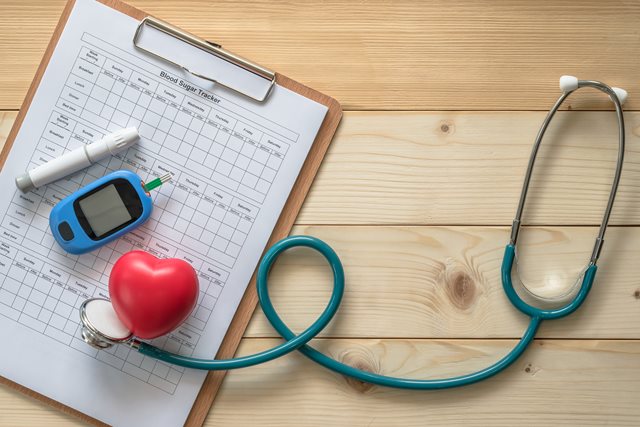Sponsored content provided by Glucerna
When it comes to diabetes, myths and misconceptions abound. What’s accurate? What’s not? Not being sure of issues, such as your risk factors, symptoms, and how to live on a daily basis, could affect how well you take care of yourself and your condition. So, here’s the truth behind some of the most common diabetes myths as shared by registered dietitian Laura Plante.
1. You have to avoid all sugar
False. People with diabetes do need a balanced diet, which can include some sugar in moderation. The occasional indulgence isn’t forbidden but should be limited. Keep in mind that sugar is hidden in many packaged foods, such as bread, ketchup, salad dressing, and pasta sauce, so you may be consuming more than you think.
2. Diabetes is a consequence of too much sugar intake
False. Diabetes is the result of many complex factors. Genes play a role, as can your age, health and leading a sedentary lifestyle. Type 2 diabetes is caused by different risk factors including your ethnic background and family history of type 2 diabetes.
3. You can eat without depriving yourself
True. While having diabetes does mean being more careful with your food choices, it doesn’t mean you have to be on a strict diet by cutting out your favourite foods or snacks altogether. In fact, your body often responds to being deprived by creating cravings. The solution? Integrate your favourite foods into your diabetes meal plan with your health care professional’s help.
4. Skipping meals can help you lose weight
False. People with diabetes need to eat three meals a day to keep their blood sugar under control. Not only does skipping meals for diabetes cause unhealthy lows in blood sugar levels, it can also make you overeat later on. So, stick to your meal plan by eating a variety of healthy foods regularly throughout the day. If you wish to loose weight, talk to your health care provider who can help with meal planning and moving more.
5. You shouldn't drive if you have diabetes
False. It’s okay to drive if you have diabetes. However, the symptoms of low blood sugar (hypoglycemia) can affect your ability to drive. It's therefore important to keep snacks on hand to help prevent hypoglycemia while driving.
6. Your diabetes may be more difficult to manage if you have a cold or the flu
True. Coming down with a cold, flu, or any other illness can make it harder to manage your blood sugar levels, so preventing illnesses is important. Get a flu shot and make sure that you take extra good care of yourself during the flu season.
Related Content

Recently diagnosed?
What you need to know about managing diabetes.
Read more About Recently diagnosed?
Complications
If left untreated or improperly managed, diabetes can result in a variety of complications.
About complications About Complications
Tools & resources
Take charge of your health with tools and resources from Diabetes Canada.
Get started About Tools & resources